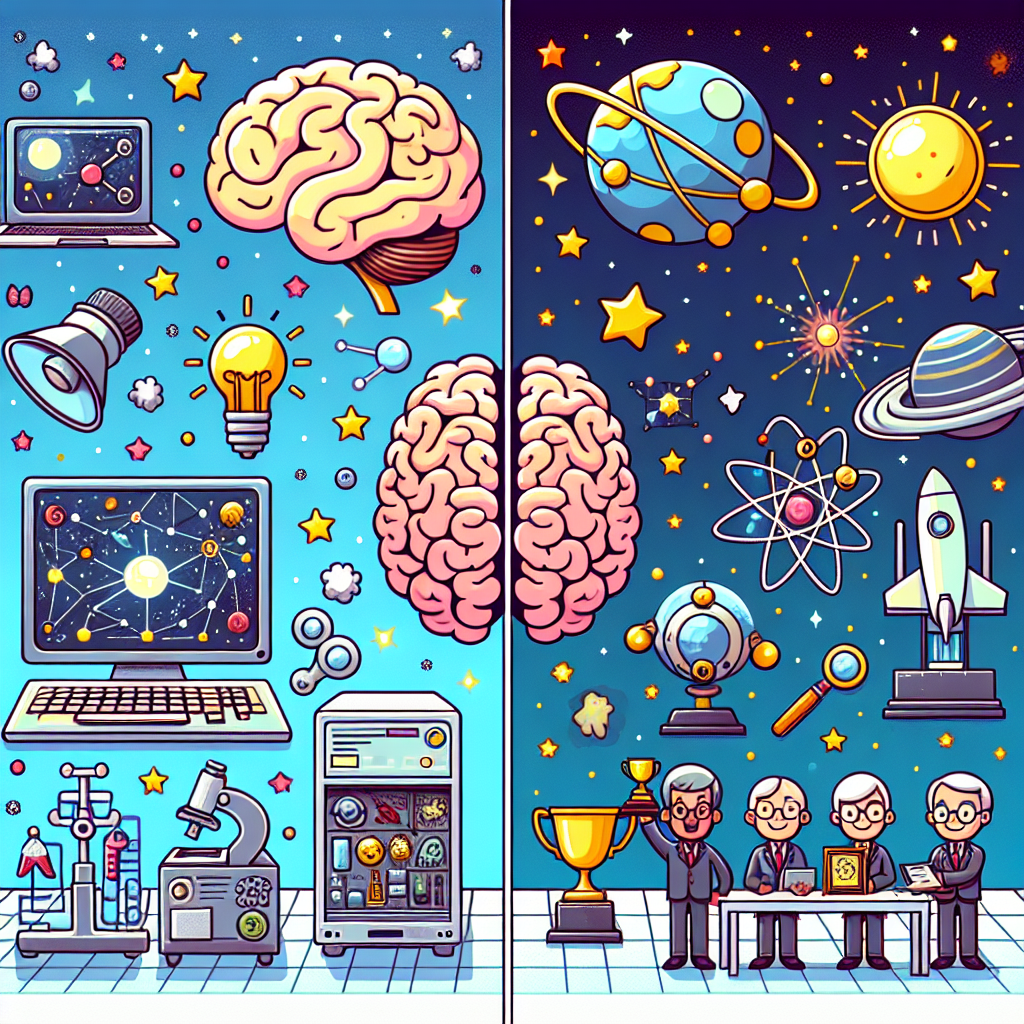14th October 2025
In a week filled with remarkable scientific achievements, researchers have made significant strides in artificial intelligence, space exploration, and our understanding of economic growth. These developments promise to reshape our future in profound ways.
Artificial Neurons Bridge Biology and Technology Scientists at the University of Massachusetts Amherst have created artificial neurons that function like human brain cells. Using proteins derived from bacteria, these engineered neurons can interface with biological systems, potentially leading to computers that operate with the efficiency of living organisms. This breakthrough could fundamentally change how we interact with technology and process information.
Decoding the Aging Process In another fascinating development, researchers have introduced aging clocks - sophisticated tools that track biological changes in our bodies rather than conventional time. These instruments help scientists understand the aging process at a deeper level, offering insights into human health and longevity. The implications of this research could transform our approach to aging and age-related diseases.
Dark Stars: A Window into the Early Universe The James Webb Space Telescope has made a remarkable discovery, potentially identifying the universe's earliest stars. Unlike our sun, these massive celestial bodies may be powered by dark matter rather than fusion. These "supermassive dark stars," composed of hydrogen and helium, could help explain the formation of early galaxies and massive black holes, revolutionizing our understanding of cosmic history.
Nobel Prize Recognition for Innovation Research The Nobel Prize in Economics has been awarded to Joel Mokyr, Philippe Aghion, and Peter Howitt for their groundbreaking research on innovation and economic growth. Their work demonstrates how new technologies and methodologies contribute to economic development and quality of life improvements, highlighting the crucial role of innovation in shaping our future.
AI Recovers Lost Scientific Knowledge In a significant technological achievement, an artificial intelligence system has recovered 90% of previously lost scientific knowledge. By analyzing ancient documents, databases, and archives, this AI has unveiled valuable scientific findings that could advance fields like medicine and space exploration. The scientific community is eager to examine this rediscovered information and its potential applications.
Looking Forward As these developments unfold, scientists continue their search for new planets using advanced telescopes, while countries like India embrace sustainable transportation solutions with electric scooters. These ongoing initiatives demonstrate humanity's commitment to both scientific discovery and environmental preservation.
These breakthroughs across multiple scientific disciplines showcase the rapid pace of human innovation and our growing understanding of the world around us. From artificial neurons to dark stars, each discovery brings us closer to unlocking the mysteries of life, the universe, and our place within it.
This article is based on today's episode of KidsNewsFlash, a daily news podcast for kids and families. Listen on Apple Podcasts, Spotify, or wherever you get your podcasts!

